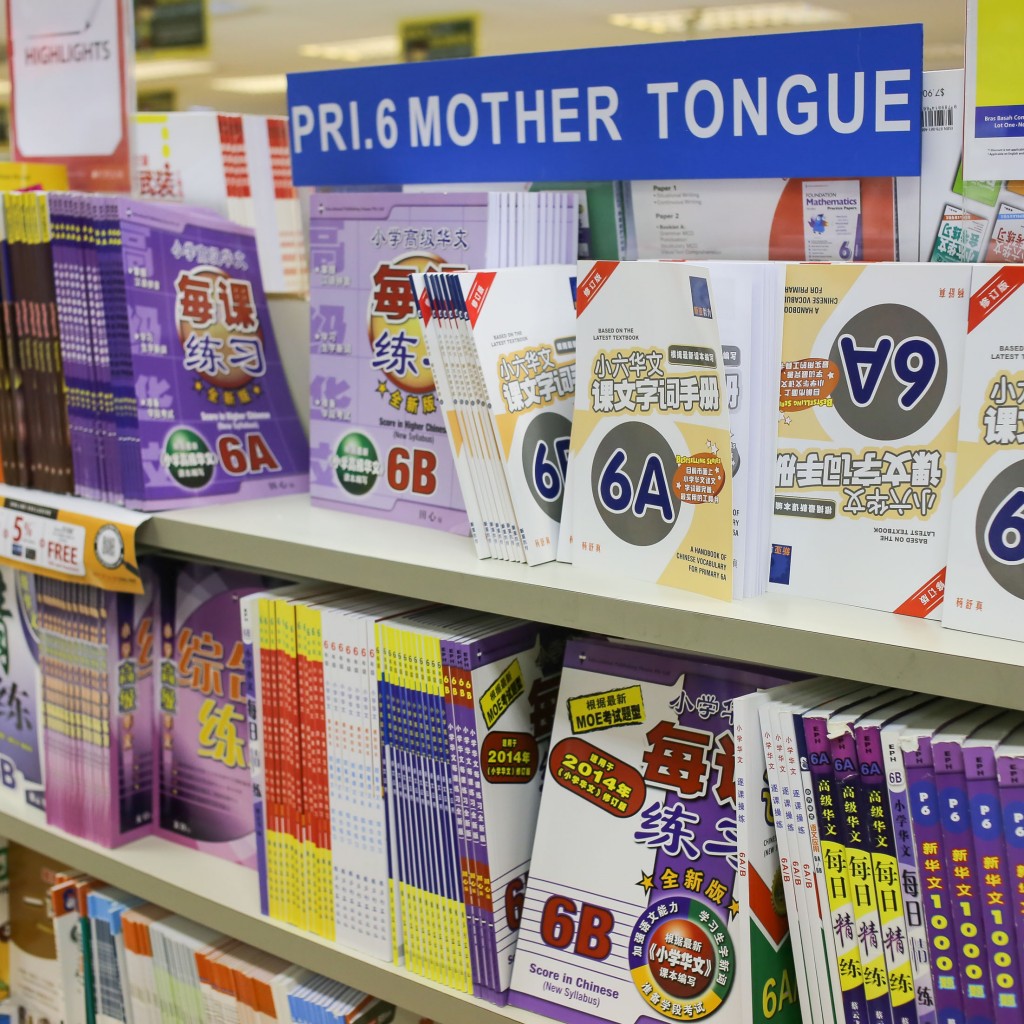From Bilingualism to Bilingualisms: Bilingual experience in Edinburgh and Singapore affects attentional control differently
February 24, 2020

International Mother Tongue Day, observed every 21 February, celebrates linguistic and cultural diversity, as well as multilingualism. How does language-switching affect our attentional control, our capacity to choose what we pay attention to and ignore)?
In ‘From Bilingualism to Bilingualisms: Bilingual experience in Edinburgh and Singapore affects attentional control differently’ (Bilingualism: Language and Cognition, 2018), Dr Seok Hui Ooi and Associate Professor Winston D. Goh from the NUS Department of Psychology team up with Professor Antonella Sorace and Dr Thomas H. Bak from the University of Edinburgh to investigate the relationship between attention and switching, as determined by the interactional context of bilinguals in Edinburgh and Singapore, as well as self-reported switching behaviour.
The researchers found that there are differences between bilinguals and monolinguals as well as between different bilingual groups. The early bilinguals in Singapore outperformed the English monolinguals in the conflict resolution segment of the Attention Network Task (ANT) test, while the late bilinguals in Edinburgh were better than the monolinguals on the Test of Everyday Attention (TEA). In other words, the interactional context of bilinguals impacts attentional control differently. However, the study did not find any support for self-reported switching behaviour having an influence on attentional control.
As bilingual research adopts an increasingly global agenda, the authors emphasise that such comparisons are crucial in enhancing our understanding of not just bilingualism, but also language and cognition in general.
Read the full article here.
